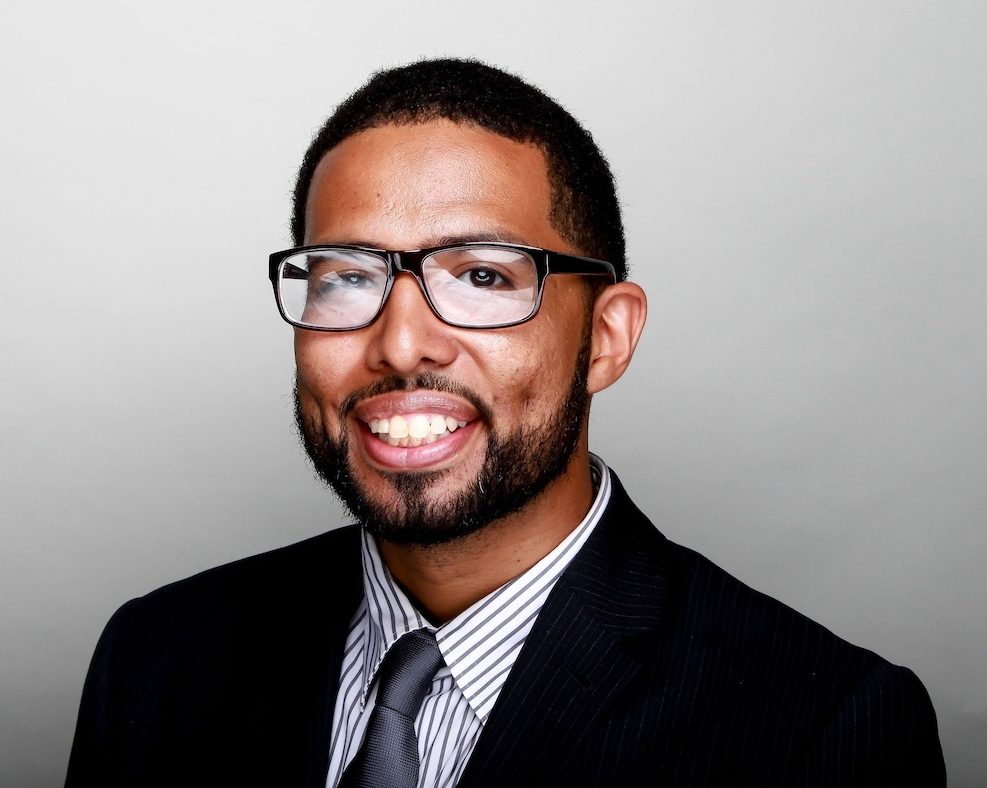Philly’s first ‘green bank’ will connect clean energy projects to capital
 October 11, 2021
Category: Featured, Funding, Medium
October 11, 2021
Category: Featured, Funding, Medium
Disclosures
This article was originally published at our sister site, Technical.ly.Climate change affects poorer communities differently. Its effects can be found in less shaded — and less invested in — neighborhoods like the mostly Black and Latinx-populated Hunting Park, for instance, which counts a difference in temperature as wide as 22 degrees compared to other parts of the city with more trees.
With the Philadelphia Green Capital Corp. (PGCC), Executive Director Maryrose Myrtetus wants to improve access to green energy for communities throughout the city and slow the effects of climate change.
While “green bank” is a term commonly used in the clean energy industry, Myrtetus, a former manager with Princeton renewables company Clearway Energy, explained that green banks are not financial or depository institutions. Green banks are nonprofits that focus on clean energy financing, she said, with more than 20 across the country functioning as financial tools.
“Green banks coordinate with banks on a number of clean energy projects,” she told Technical.ly. “We connect projects to capital. Programs that other green banks have done include working with local credit unions and community banks to provide energy assistance.”
PGCC is an affiliate of the Philadelphia Energy Authority and is headquartered near the agency at City Hall. PGCC has the goal of generating $250 million of investment alongside the Philadelphia Energy Campaign, created in 2016 under Councilman Darrell Clarke to create 10,000 jobs and invest $1 billion in clean energy initiatives.
The development of a Philly green bank has local implications and national ties. In 2017, Mayor Jim Kenney made plans toward a greener Philly that included goals like switching to 100% renewable electricity. After four years of no support from former President Donald Trump’s administration, in January 2021, Kenney stated that he wants Philly to be carbon neutral by 2050.
Meanwhile, if passed, President Joe Biden’s proposed $1 trillion national infrastructure bill and $3.5 trillion Build Back Better Act could reportedly eliminate pollution by 45% by 2030. Similarly, the Energy and Commerce Committee voted to advance subtitles for legislation around $456 billion that includes billions for a national green bank. Myrtetus said PGCC is ready and eligible for federal funding, should the bill be passed.
Barriers such as hard-to-develop solar efficiency projects and limited financing often prevent the public’s access to clean energy resources, Myrtetus said.
Poverty and systemic racism have also played a role in communities’ slow adoption of green energy resources. As many as half of Black families in the U.S. currently experience energy instability, and may need to decide between paying for power or using the same funds to buy food or other resources.
Myrtetus said PGCC will be meeting with community orgs to help residents better understand its mission as well as advocating for Solarize Philly, a program designed to allow any Philly resident to access solar power for their home. Working with commercial property owners to attain low-cost loans to make their properties more energy efficient — including PGCC’s pre-development loan for the design of energy projects at multifamily and nonprofit properties, and its term loan for clean energy improvements to affordable housing buildings and nonprofits — is also a top priority.
Trending News











